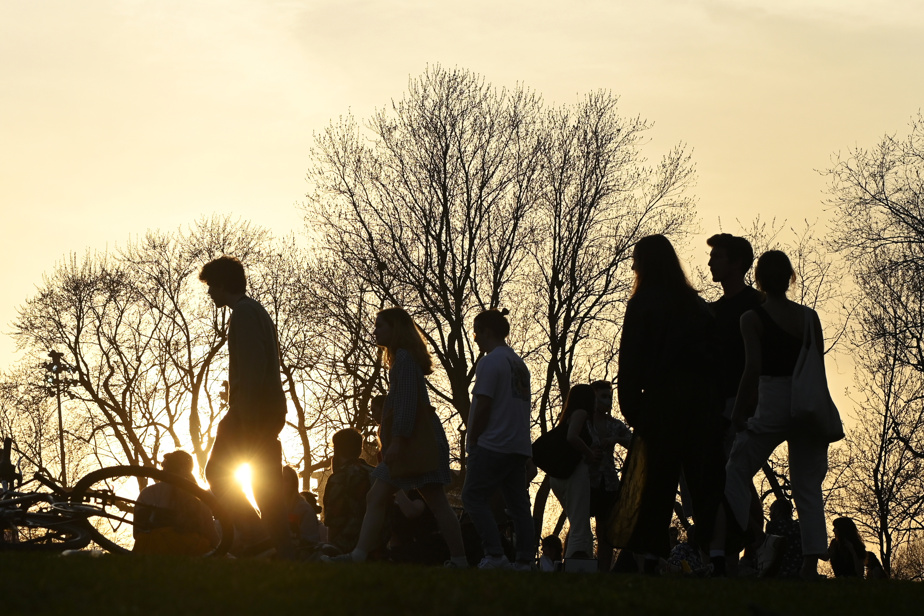Just 18 months ago, Montreal hosted the largest environmental gathering in Canadian history, with 500,000 people marching peacefully alongside Greta Thunberg. Montreal’s residents were heeding the youth’s call and cementing the city’s reputation as one of the most climate-compliant cities in America, if not the world.
Cut off from the precious months he spent in confinement due to the pandemic, 2021 youths are anxiously anticipating their futures. And she is right. The science is clear: Without profound changes in the way we organize our cities, move, eat, produce and consume, this generation will see its quality of life and its future in grave danger. This is an intolerable fundamental injustice.
Greater Montreal is already facing an increase in the frequency and intensity of natural disasters on its soil, as evidenced by the heat wave in July 2018 that caused 66 premature deaths, and the unprecedented floods in 2017 and 2019 that caused thousands of victims. Events like this, which are supposed to be rare but have occurred three years in a row, should bring us back to reality. It is also estimated that 1,500 people die prematurely each year in Montreal due to poor air quality.
Residents of the most deprived neighborhoods, particularly the elderly and children, as well as immigrant or racist populations, are the most vulnerable to the impacts of pollution. Their living environments are often deprived of green spaces and they are often at the heart of heat islands that claim victims each year.
These data illustrate the human cost of environmental problems, which reinforce existing social inequalities, and the need to boost climate immunity. The epidemic has highlighted the crucial role of our natural environments and our parks for public health, as heat waves and floods have demonstrated the importance of greening our living environments.
As a community foundation dedicated to advancing the Sustainable Development Goals, the Greater Montreal Foundation (FGM) considers reducing environmental inequalities and generational equality at the core of its mission. Therefore, in turn, he responds to the call of the youth and the disadvantaged population, and gives himself the means to act.
This is how we recently announced the launch of the Collective Climate and Environmental Transformation Fund at the Greater Montreal Foundation with an initial investment of half a million dollars. The fund has already been called upon to create, in collaboration with the Trottier Family Foundation and with support from the City of Montreal, the Montreal Climate Partnership. Remember, this initiative aims to mobilize the key players in Montreal’s community to reduce greenhouse gas emissions by 55% by 2030, put the city on a carbon-neutral path by 2050 and make our city greener and more resilient.
The past few years have taken a heavy toll in Montreal with historic floods and heatwaves, followed by a pandemic. But our city is blessed with great flexibility and creativity that seems limitless.
Like other major cities around the world already committed to this path, Montreal’s future depends on combating climate change, green and resilient living environments for all, active and sustainable mobility, and a renewable quality of life.
Therefore, we invite the entire community to engage with us, and stand behind the many initiatives that will help make Montreal one of the greenest cities in the world, and which will arouse the pride of its residents and which will nourish the city. For a young man who desperately needs it.

“Music guru. Incurable web practitioner. Thinker. Lifelong zombie junkie. Tv buff. Typical organizer. Evil beer scholar.”








More Stories
A large manufacturing project awaits space in the industrial zone
According to science, here are officially the two most beautiful first names in the world
Green space, 100% pedestrianized: DIX30 reinvents itself